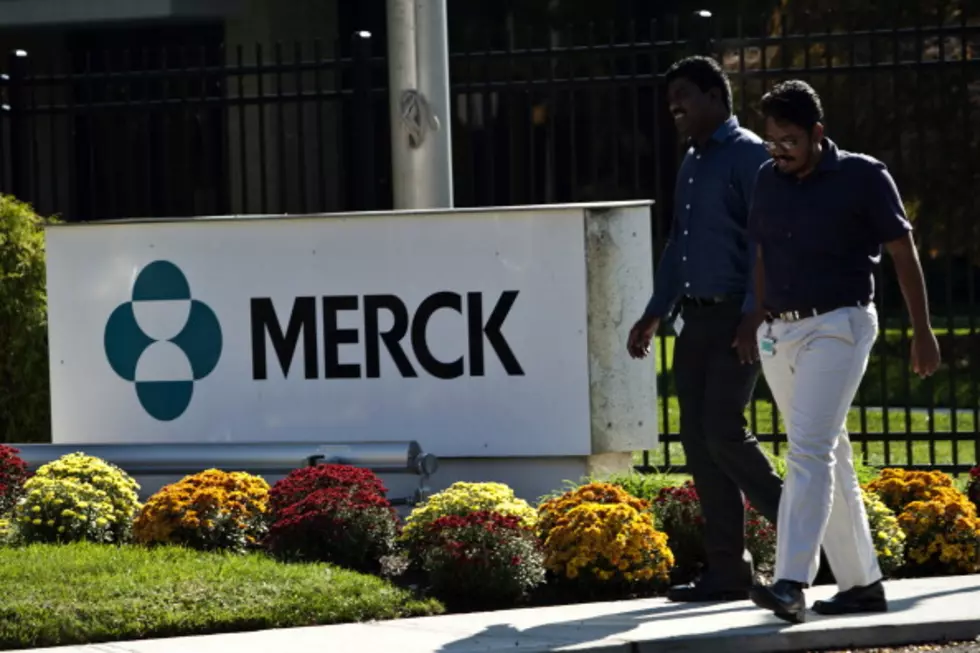
FDA OKs Merck drug, 1st in new cancer drug class
WHITEHOUSE STATION, N.J. (AP) -- Merck & Co. on Thursday won the first U.S. approval for a new kind of cancer drug with big advantages over chemotherapy and other older cancer treatments.
The Food and Drug Administration said it has granted accelerated approval to Merck's Keytruda, for treating melanoma that's spread or can't be surgically removed, in patients previously treated with another cancer drug.
The genetically engineered drug, known chemically as pembrolizumab, is part of a hot, promising new class of antibody-based drugs. They work by taking a brake off the immune system so it can better recognize and attack cancer cells.
"Ninety percent of patients have basically no side effects," Dr. Antoni Ribas, a UCLA researcher who was the lead investigator of a crucial study of Keytruda, told The Associated Press in an interview.
By comparison, most patients getting chemotherapy suffer with nausea, vomiting and hair loss.
In addition, Ribas said, Keytruda and other "immune-therapy" drugs appear likely to work against many more types of cancer than older drugs, and in a much higher percentage of patients. In a study of 600 patients, one-third of them benefited from the drug, with 62 percent of those alive after 18 months.
Chemotherapy drugs have an average survival of about nine months, while some newer cancer drugs on average keep patients alive for 11 to 15 months, he noted.
"This is just the start," Ribas said, adding that earlier tries at immune therapy for cancer typically helped only 5 to 10 percent of patients.
Merck's drug is the first in the class of what's called anti-PD-1 drugs approved in the U.S.
Bristol-Myers Squibb Co. and a partner have a drug similar to Keytruda, called Opdivo, that was approved in Japan in July. They are seeking U.S. approval for it.
(Copyright 2014 The Associated Press. All rights reserved. This material may not be published, broadcast, rewritten or redistributed.)
More From New Jersey 101.5 FM









